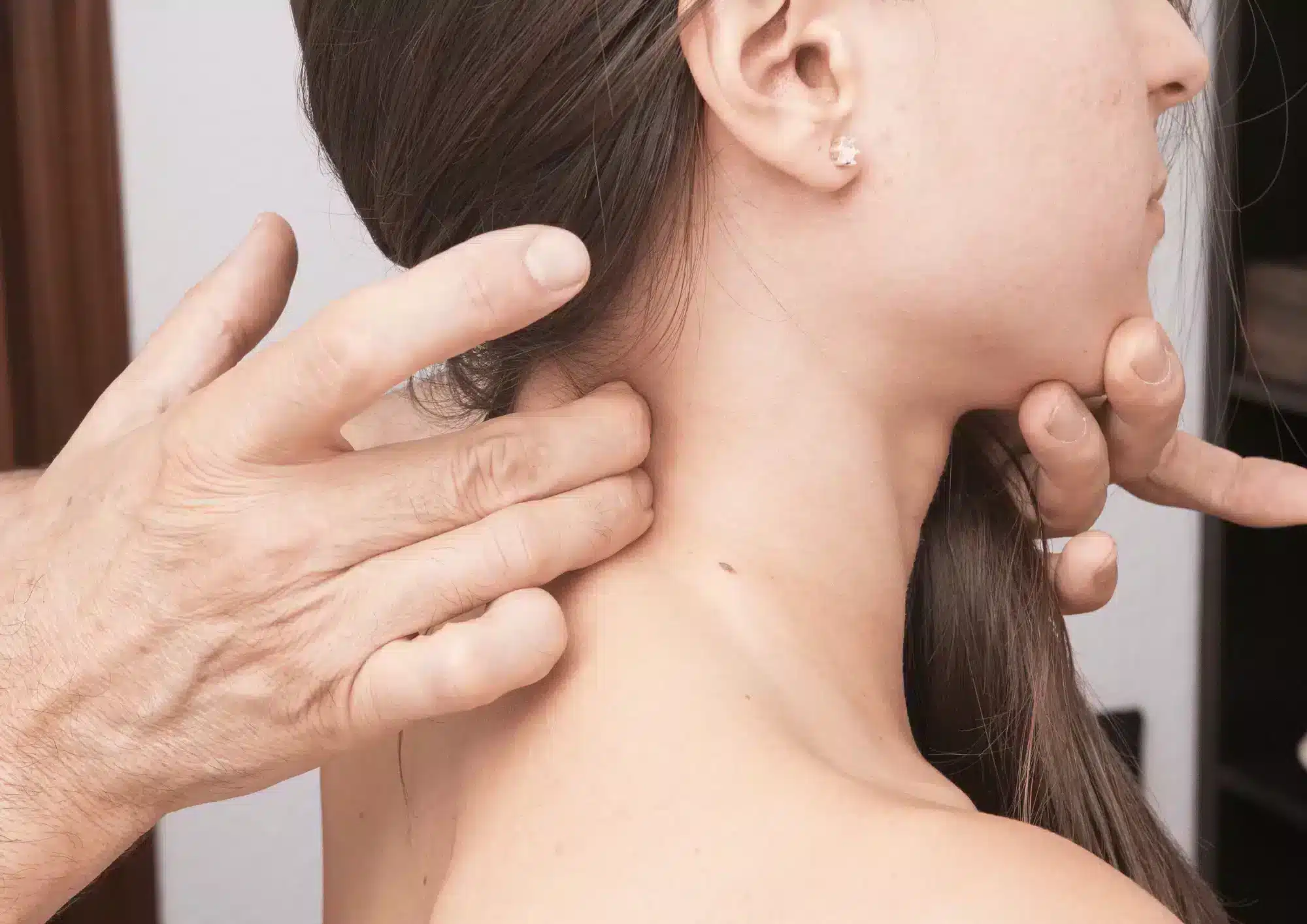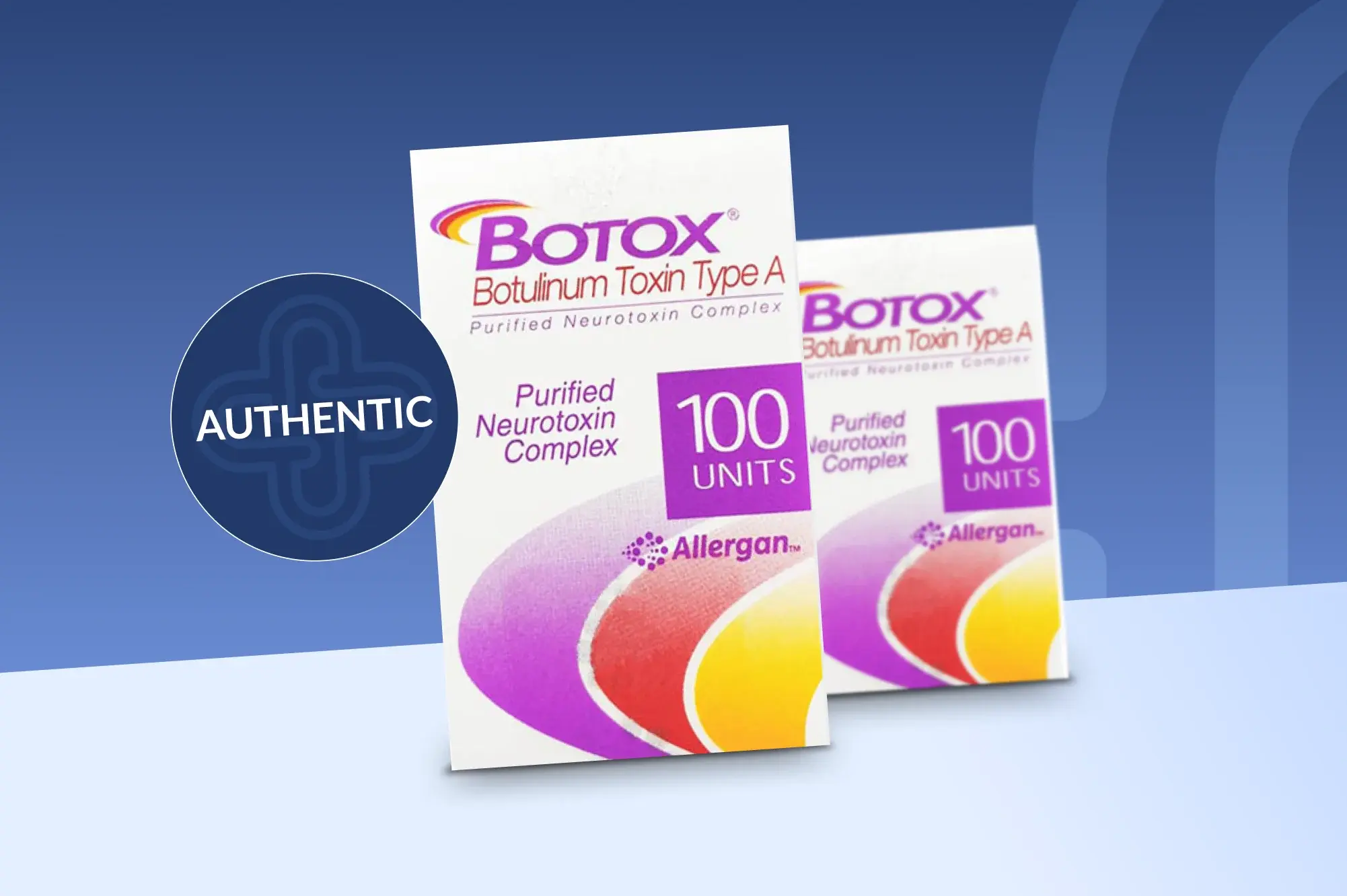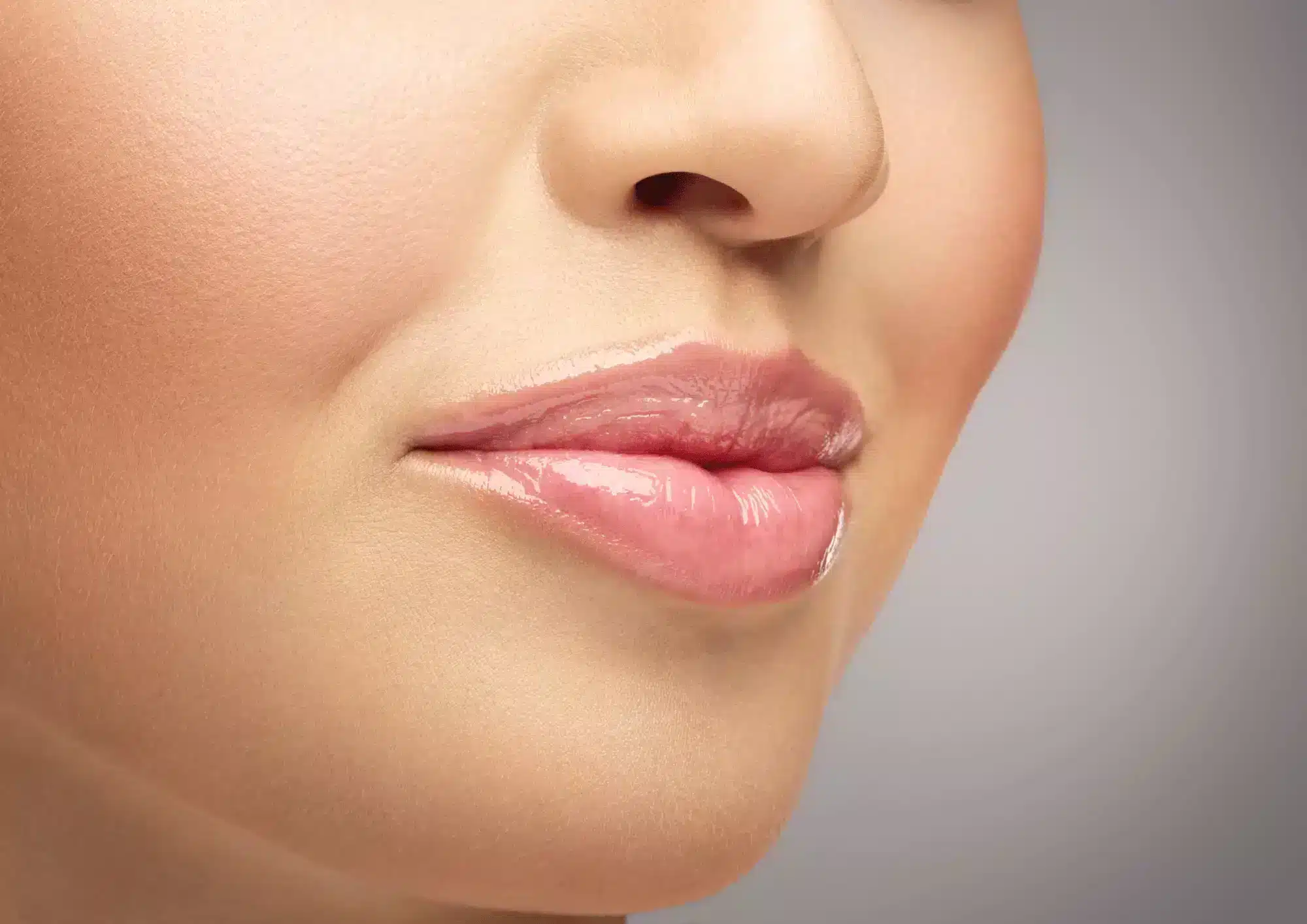Botox can be used to treat Cervical Dystonia
In addition to deep brain stimulation, Botox can be successfully used to treat Cervical Dystonia (CD). The muscle contractions associated with cervical dystonia originate from the brain.
How does Botox help with Cervical Dystonia? Botox works by blocking the nerve endings, so that the muscles no longer receive the signals that cause muscle spasms. Since the muscles do not receive the signal to contract, muscle stiffness and tension is reduced or stopped completely.
Other botulinum toxin brands that have proven useful in the treatment of cervical dystonia include Dysport products, Xeomin medications, and Myobloc.
Myobloc is a type B toxin, and it is effective even in patients who have developed resistance to the type A toxin.
What is the recommended dose when treating Cervical Dystonia with Botox?
In small doses, Botox has proven effective against certain muscle contraction ailments. The usual maximum recommended dose per session is about 600800 units. The specific dosage depends on the severity of the cervical dystonia.
Botox injections are given every 3 months. This treatment schedule has been shown to alleviate pain and spasms in the treated area. Additionally, as treatment progresses, the symptoms of cervical dystonia are lessened, allowing patients to have a normal life.
What are some of the short and long term side effects common from using Botox to treat CD?
Botox has proven effective in treating the symptoms of cervical dystonia. However, some patients have reported side effects, including difficulty swallowing, upper respiratory tract infections, neck pain, redness, and headaches.
What is the procedure for this treatment?
Botox injections should be administered by a doctor or licensed injector. Only a doctor can identify the safest way to treat the condition.
Cervical dystonia is a painful condition, but treatments such as Botox can allow patients to live a healthy life free from the pain of cervical dystonia. If you suffer from CD, talk to your doctor about whether Botox is right for you.








